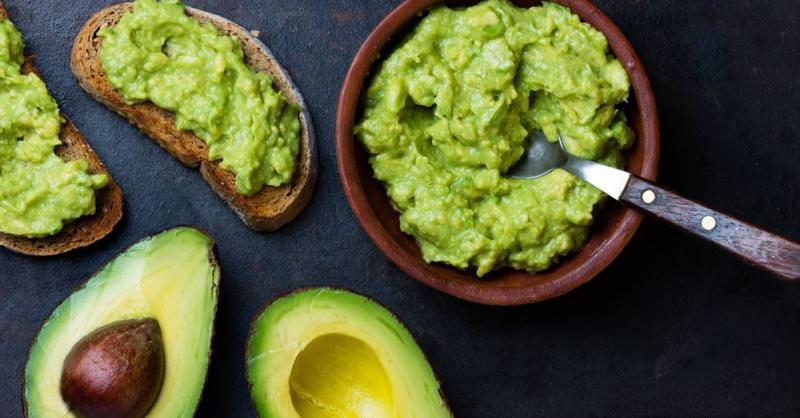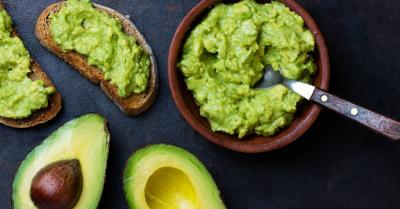High blood pressure is often referred to as the "silent killer" due to the lack of obvious symptoms. However, diet can help mitigate its risks, with experts recommending certain fruits and vegetables in particular to reduce the likelihood of developing high blood pressure. According to the "Express" newspaper, estimates suggest that 14.4 million adults in the UK suffer from high blood pressure. This condition can occur for a number of reasons, including diet, which is one of the most well-known factors that can lead to high blood pressure. Conversely, diet can also help lower the risks of high blood pressure and may assist in reducing blood pressure levels.
Potassium is a vital nutrient that can help control high blood pressure, as it counteracts sodium's effects. Potassium plays a role in the amount of fluids stored in your body and how much is excreted in urine. If your body retains water, there will be more fluids in your blood, putting additional pressure on blood vessel walls and raising blood pressure. Typically, excess fluids are removed from the blood by the kidneys and filtered into the bladder, involving a delicate balance of sodium and potassium. Sodium, a component of salt, can raise blood pressure, and individuals who consume high amounts of sodium in their diet may experience water retention.
By eating more potassium-rich foods, you can help restore balance, allowing the kidneys to function effectively and lowering blood pressure. However, there should be a good balance in consuming enough potassium to benefit blood pressure. Consuming more than the recommended amount of potassium can be harmful and may increase the risk of heart attack. Potassium is naturally present in various foods, but fruits and vegetables are among the best sources. People should aim to consume at least five servings of fruits and vegetables daily. In addition to being a great source of potassium, fruits and vegetables are packed with vitamins, minerals, and fiber that keep your body healthy, helping to prevent gut issues, certain types of cancer, as well as heart disease and stroke.
Fruits that are particularly high in potassium include:
- Oranges and orange juice.
- Bananas.
- Apricots.
- Avocados.
Vegetables that are high in potassium include:
- Leafy greens like spinach, kale, and cabbage.
- Potatoes.
- Asparagus.
- Tomato juice and tomato puree.
For patients with high blood pressure or other chronic diseases, daily dietary portions should be based on the diet prescribed by their healthcare provider.




